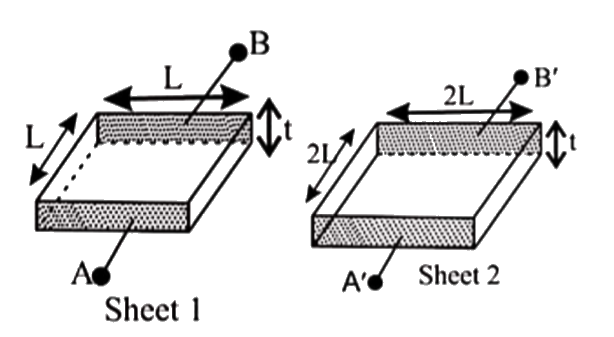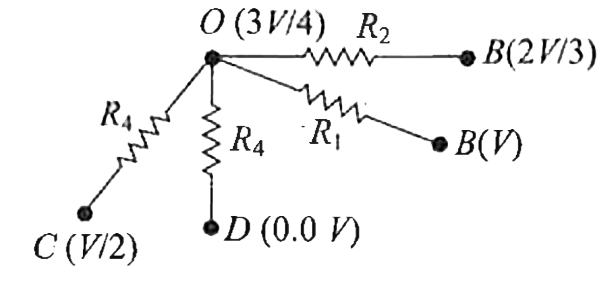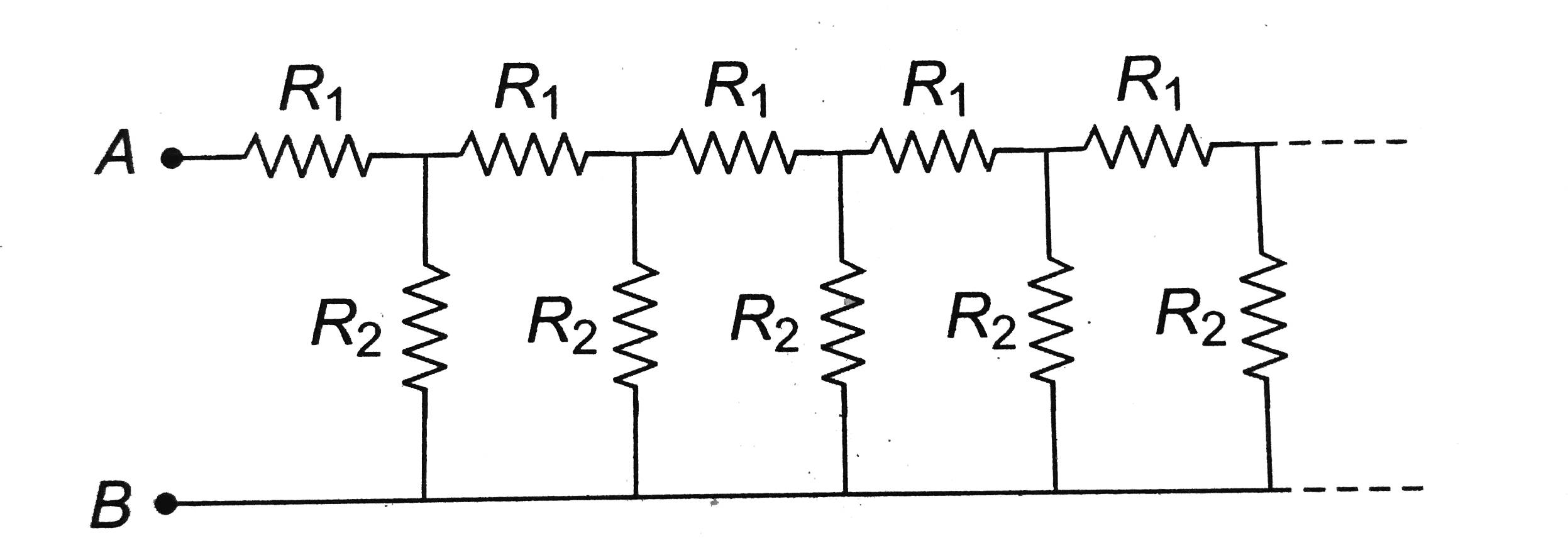The resultant of A and B is R1 On reversing the vector B , the resulatnt R2 what is the value of R21+R22?
A2+B2
A2−B2
2(A2+B2)
2(A2−B2)
The correct Answer is:C
(c) We have, R21=A2=B2+2ABcosθ
and R22=A2+B2−2ABcosθ
∴R21=R22=2(A2+B2)
Topper's Solved these Questions
- SCALARS AND VECTORS BOOK - MHTCET PREVIOUS YEAR PAPERS AND PRACTICE PAPERSCHAPTER - SCALARS AND VECTORS EXERCISE - Exercise 1
37 Videos
- ROTATIONAL MOTION'BOOK - MHTCET PREVIOUS YEAR PAPERS AND PRACTICE PAPERSCHAPTER - ROTATIONAL MOTION'EXERCISE - MHT CET Corner
35 Videos
- SEMICONDUCTORSBOOK - MHTCET PREVIOUS YEAR PAPERS AND PRACTICE PAPERSCHAPTER - SEMICONDUCTORSEXERCISE - MHT CET Corner
25 Videos
Similar Questions
The resultant vector of →P and →Q is →R. On reversing the direction of →Q, the resultant vector becomes →S. Show that : R2+S2=2(P2+Q2)
View SolutionThe resistance of metal sheet 1 between A and B is R1 and the resistance of sheet 2 between A' and B' is R2. The value of the ratio R1R2 is

View Solution
Knowledge Check
The resultant of →A&→B is →R1. On reversing the vector →B, the resultant becomes →R2. What is the value os R21+R22 ?
AA2+B2BA2−B2C2(A2+B2)D2(A2−B2The resultant of →A+→Bis→R1. On reversing the vector →B, the resultant becomes →R2. What is the value of R21+R22?
AA2+B2BA2−B2C2(A2+B2)D2(A2−B2)The circuit is shown in the following figure. The potential at points A, B, C, D and O are given. The currents in the resistance R1,R2 and R3 are in the ratio of 4:2:1. What is the ratio of resistance R1,R2,R3 and R4 ?
 A3:2:12:16B2:3:36:12C4:3:12:32D3:4:14:32
A3:2:12:16B2:3:36:12C4:3:12:32D3:4:14:32
In a triangle ABC, if r1+r3+r=r2, then find the value of (sec2A+csc2B−cot2C),
View SolutionThe angle between two vector A and B is θ. Vector R is the resultant of the two vectors. If R makes an angle θ2 with A, then
View SolutionA and B are two points on the parabola y2=4ax with vertex O. if OA is perpendicular to OB and they have lengths r1 and r2 respectively, then the valye of r4/31r4/32r2/31+r2/32 is
View SolutionIf r,r1,r2,r3 have their usual meanings , the value of 1r1+1r2+1r3, is
View SolutionAn infinite sequence of resistance is shown in the figure. The resultant between A and B will be, when R1=1ohm and R2=2ohm

View Solution
